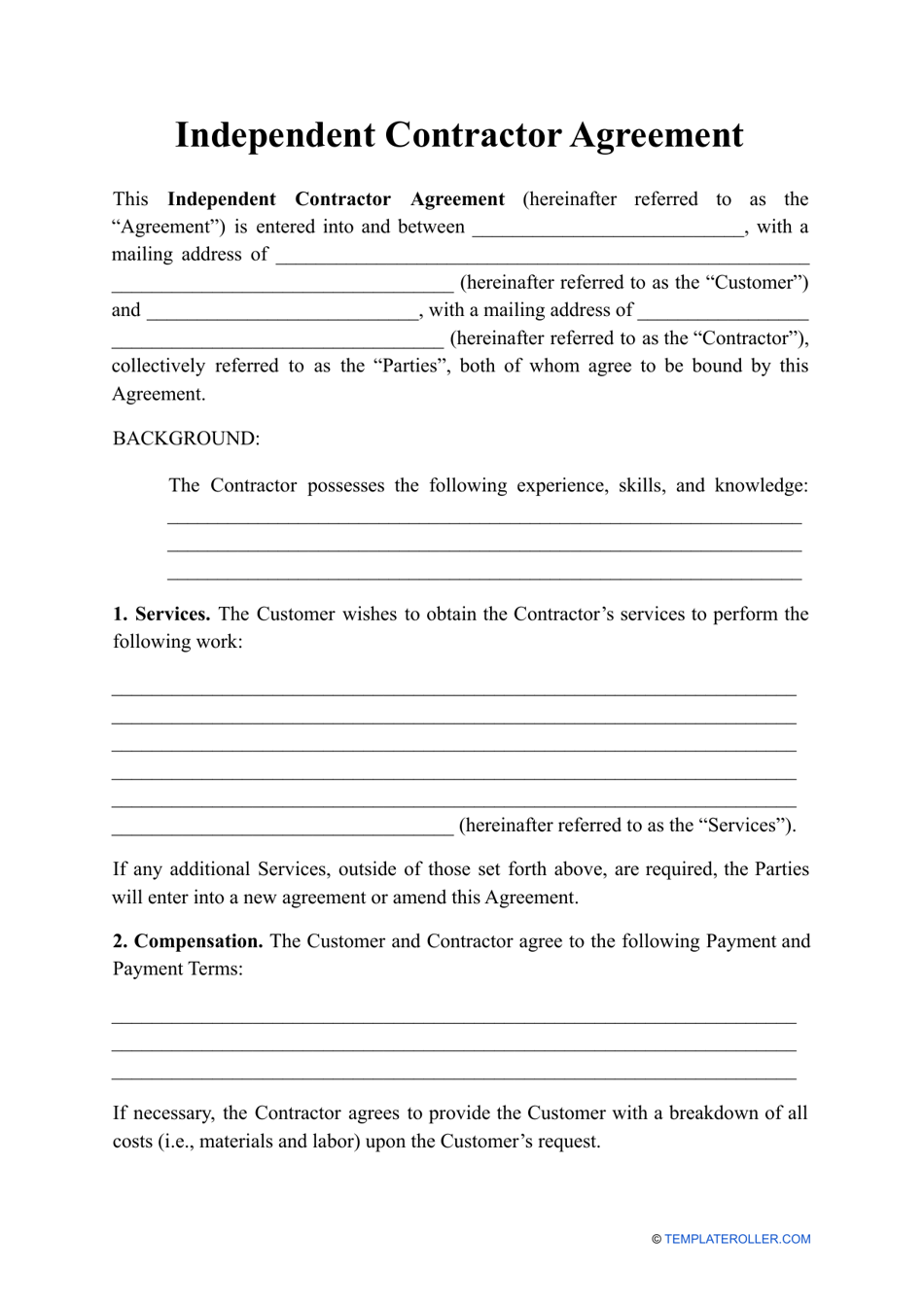Essential Paperwork for Contractors: A Must-Read Guide

Managing paperwork is an integral part of running a successful contracting business. Not only does it keep you organized and compliant, but it also serves as a protective measure against legal disputes and financial mismanagement. Whether you're a new contractor or a seasoned pro, understanding the essential documents needed in your field is crucial. Here's a comprehensive guide to the must-read paperwork for contractors.
1. Contracts and Agreements

The backbone of any project, contracts outline the expectations, scope, and terms between you and your client or subcontractor.
- Client Contract - This includes project scope, payment terms, schedule, dispute resolution methods, and termination conditions.
- Subcontractor Agreement - When subcontracting work, this agreement details what work is to be performed, by whom, when, and for how much.
2. Scope of Work

Before starting any project, a detailed scope of work is vital. Here’s what it should include:
| Item | Description |
|---|---|
| Description of Work | Clear statement of what needs to be done |
| Timeline | Deadlines for project completion |
| Materials | List of materials to be used |

3. Change Orders

If changes arise during the project, change orders provide a formal way to document and agree on these alterations.
- Specify the nature of the change.
- Outline any new costs and timeline adjustments.
- Require client’s signature for approval.
4. Lien Waivers and Releases

Lien waivers protect your right to payment or waive that right for payments received.
🔍 Note: Always consult with a legal professional before signing any lien waiver to fully understand the implications.
5. Payment Schedules and Invoices

Keeping track of payment schedules and creating professional invoices is key:
- Payment Schedule - Clearly define when payments are due, and on what milestones.
- Invoices - Create invoices that include project details, payment terms, due dates, and a breakdown of costs.
6. Permits and Licenses

These documents are critical for legal compliance:
- Building Permits - Required for construction or renovations.
- Licenses - Ensure you have the right to operate in the area or state where the work is being done.
Throughout a contractor's career, staying organized with these documents not only ensures the smooth operation of projects but also protects against legal liabilities. Maintaining accurate and well-documented paperwork reduces misunderstandings, enhances trust with clients, and preserves your business reputation. Remember, keeping detailed records, promptly following up on payments, and understanding legal obligations are fundamental to thriving in the contracting industry.
What should be in a contractor’s contract?

+
A contractor’s contract should outline the scope of work, payment terms, schedule, dispute resolution, termination conditions, and change orders.
Can I sign a lien waiver without receiving payment?

+
It’s highly recommended to only sign a lien waiver after receiving payment, unless advised by legal counsel.
How often should I send invoices to clients?

+
Typically, invoices should be sent according to the payment schedule agreed upon in the contract, often at project milestones or monthly.